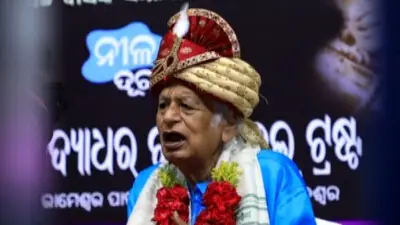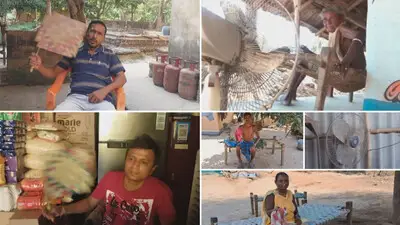Recommended Stories
Noting that Singh during a media interaction yesterday had given "an indication that major economic reforms are round the corner", senior party leader Sitaram Yechury said this meant that the reforms of financial liberalisation, which the Left parties had prevented during UPA-I, were in the pipeline.
Measures like raising FDI cap in the insurance sector, banking reforms for further privatisation, full convertibility of the rupee and the privatisation of pension funds could be undertaken, he said in an editorial in the forthcoming issue of CPI(M) organ `People`s Democracy`.
"Thus, the strength of the Indian economy that helped us in resisting the disastrous impact of the global recession will now be weakened. This will spell doom to crores of Indian people while providing larger access to super profits to foreign and domestic capital," Yechury said.
He said Singh had "failed" to give any confidence or assurance to the people on issues of corruption and price rise and his government was "gripped by a sense of drift".
Maintaining that the PM had made "repeated references" about the `coalition dharma`, Yechury said "by implication, this conveys that in order to keep the government in office, mega corruption at high levels must be tolerated. This is simply unacceptable to India and its people".
"It is specious to suggest that corruption not only occurs but becomes an accepted element of coalition governments. The Congress party alone had a three-fourths majority in the parliament when the Bofors scam took place," he pointed out.
Regarding Singh`s statement that he was not afraid to face any parliamentary committee on the 2G spectrum scam, Yechury asked "pray, then tell us why the winter session of Parliament was wasted?"
He said that though the Prime Minister "repeated earlier assurances" that those guilty of corruption would be brought to book, "this failed to carry conviction" as it was pointed out that the time limit to book those involved in Commonwealth Games scandal had long expired.
On the prices front, the Prime Minister "took refuge behind the fact that since the budget is due soon", he cannot make any policy pronouncements.
Maintaining that Singh "refused" to give any assurance on prohibiting speculative trading in essential items or universalising public distribution system, he said "neither of these are connected with budgetary exercise. Yet, the Prime Minister chose not to make any reference to these issues".
"Concessions to the needy are called `subsidies` which are described as `bad` for the economy, while concessions to the rich are called `incentives` that are `necessary` for the health of the economy!", Yechury added.












